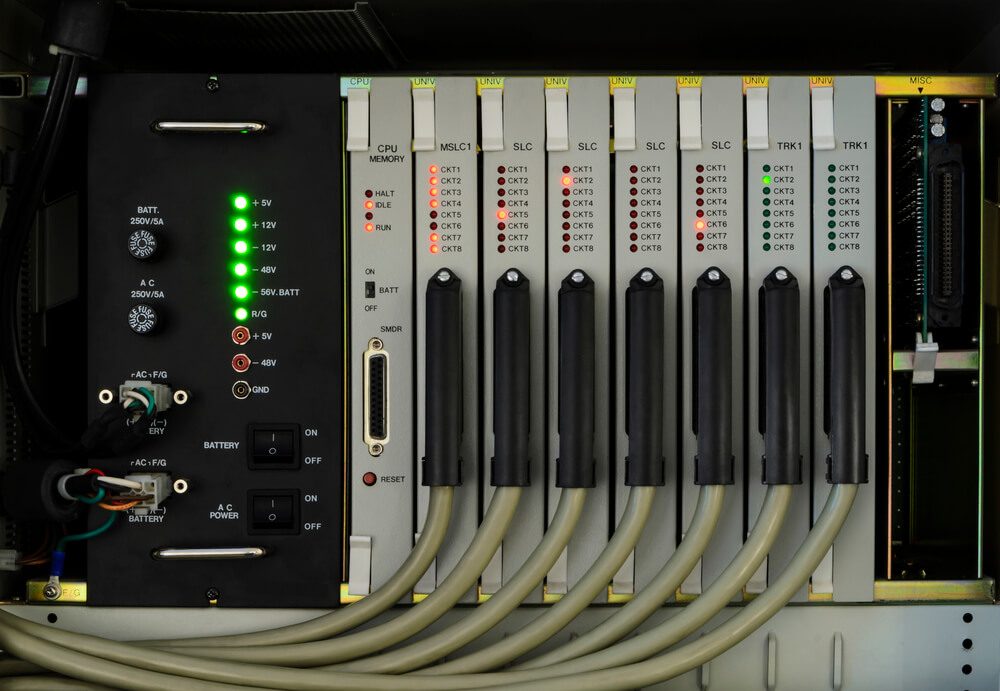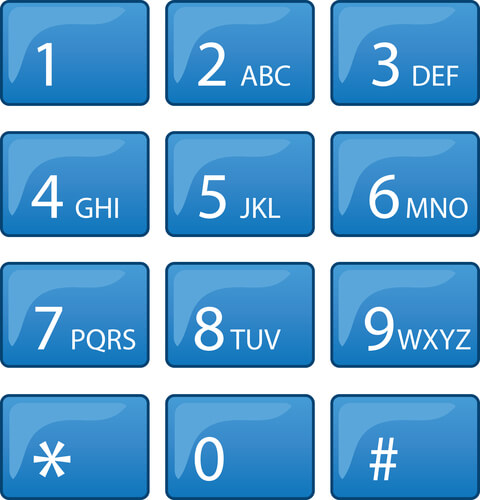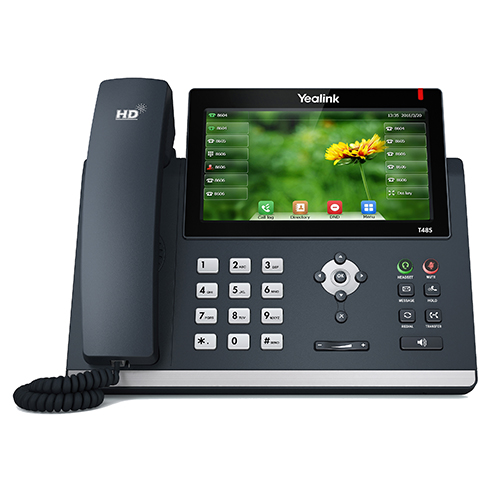Everywhere you look nowadays, the digital revolution is overtaking old communications technologies. While social media and smartphone apps get all the press and buzz, core technologies that many businesses have long forgotten about are also being replaced.
Traditional PBX systems, which for years have been the backbone of business communications architecture, are being challenged by newer virtual PBX cloud phone systems.
While it may seem like “one more thing”, the technology your business uses to communicate plays a significant role in how the business operates, and how customers interact with it.
Businesses that are still utilizing a traditional PBX system may not be aware of the limitations their hardware is placing on them. They may not realize the potential cost savings they could generate by moving to a virtual PBX.
To be fair, there may be some businesses for which a traditional PBX system is still the best option. It certainly warrants a closer examination of what each solution offers (or doesn’t) before making a final decision.
The Traditional PBX System
To fully understand the advantages of virtual PBX systems, it’s essential to know how a traditional PBX works. PBX stands for Private Branch Exchange. In most cases, this means a physical rack of hardware and phone lines on the premises of your business.
PBXs were created to allow businesses to make internal calls between employees without using the public telephone network. Before PBX systems were created, a company with a hundred employees would have needed a hundred separate Centrex lines, all being billed by their local phone company, just to speak with each other.

Paying for dozens or even hundreds of individual phone lines is obviously cost-prohibitive. It can be an absolute nightmare from a service and maintenance standpoint for both the customer and the phone company.
With a PBX system, all internal communications are free of charge. Only calls placed outside of the business require a connection to the public phone network. This means that a company with hundreds of employees may only need a few dozen lines connecting with the public network if most day-to-day communications are internal calls.
Virtual PBX And Cloud Phone Systems
With the advent of high-speed internet networks and VoIP (Voice over Internet Protocol), businesses now have a much more comprehensive and robust range of options for implementing their phone systems.
A virtual PBX system––sometimes referred to as a cloud phone system––operates under a similar principle to how other standard cloud services, like Salesforce, Google Docs, or even Netflix, work. A virtual PBX provider hosts all the hardware, software, and other bits of technology in a secure data center. All a customer needs is a VoIP-enabled phone to make calls.
Using a virtual PBX typically only requires one or two high-speed internet lines (the second is often used as a backup) and as many VoIP phones as the business wants for its employees.
High-speed internet is what makes a virtual PBX possible. It’s also one of the only potential obstacles a business might face in moving to a virtual PBX system.
Comparing Traditional vs Virtual PBX
If your business is considering migrating from a traditional PBX system to a virtual PBX, or if you’re starting a business and trying to decide which technology to invest in, here are some things to consider:
- Low startup costs
- Easy to add or remove lines
- Has features not available in traditional PBX systems
- Simple to install in multiple locations
- Seamlessly scales with your business needs
A major drawback to virtual PBX systems is their reliance on high-speed internet. If your business is located in an area where a fast connection is unavailable, then a virtual PBX will likely not be an option.
Traditional PBX Benefits
- Allows for hardware ownership
- Can be used in areas without high-speed internet
- Reliable call quality
The drawbacks of traditional PBX systems often make them prohibitive for many small businesses and startups. They often cost tens of thousands of dollars to purchase. Installing, adding, or removing lines is difficult and expensive, and businesses with multiple offices need a completely separate PBX for each location.
Virtual PBX Use Cases
For those who may be on the fence about whether or not to implement a virtual PBX system for their business, here are some of the most common scenarios in which a virtual system is likely a better option than a legacy PBX:
Startups: Cloud phone systems are perfect for startups and businesses that want a low upfront cost phone system, but that can also rapidly scale if needed. Adding and removing lines is quick and straightforward. Migrating to a new location only requires taking the phones with you.
Call centers: If your business has a call center, or is going to be creating one, a Virtual PBX can get you up and running much faster and usually much cheaper than traditional PBX hardware.
Multiple locations: Businesses with multiple locations often save a substantial amount of money by migrating to a virtual PBX system. By avoiding the massive upfront investment needed for a traditional PBX, that money can be utilized elsewhere.
Remote employees: Having remote employees often means sacrificing functionality and professionalism when communicating from cell phones, Skype, etc. With a cloud phone system, remote employees can take their VoIP phones wherever they go and maintain a consistent number and service functionality with customers and the home office.
Making A Decision

One of the great things about a virtual PBX is that they’re straightforward to pilot. If your business is currently running on a traditional PBX system, but you’re curious to see if a virtual system will provide an equal or better experience, you can trial a handful of lines at relatively little cost to see how it performs.
As VoIP communications technology continues to evolve and improve, many businesses are saying goodbye to their old phone systems and embracing digital technology. Making that decision does require careful planning, but the lower costs, increased flexibility, and simplicity of virtual PBX systems make them hard to ignore.


